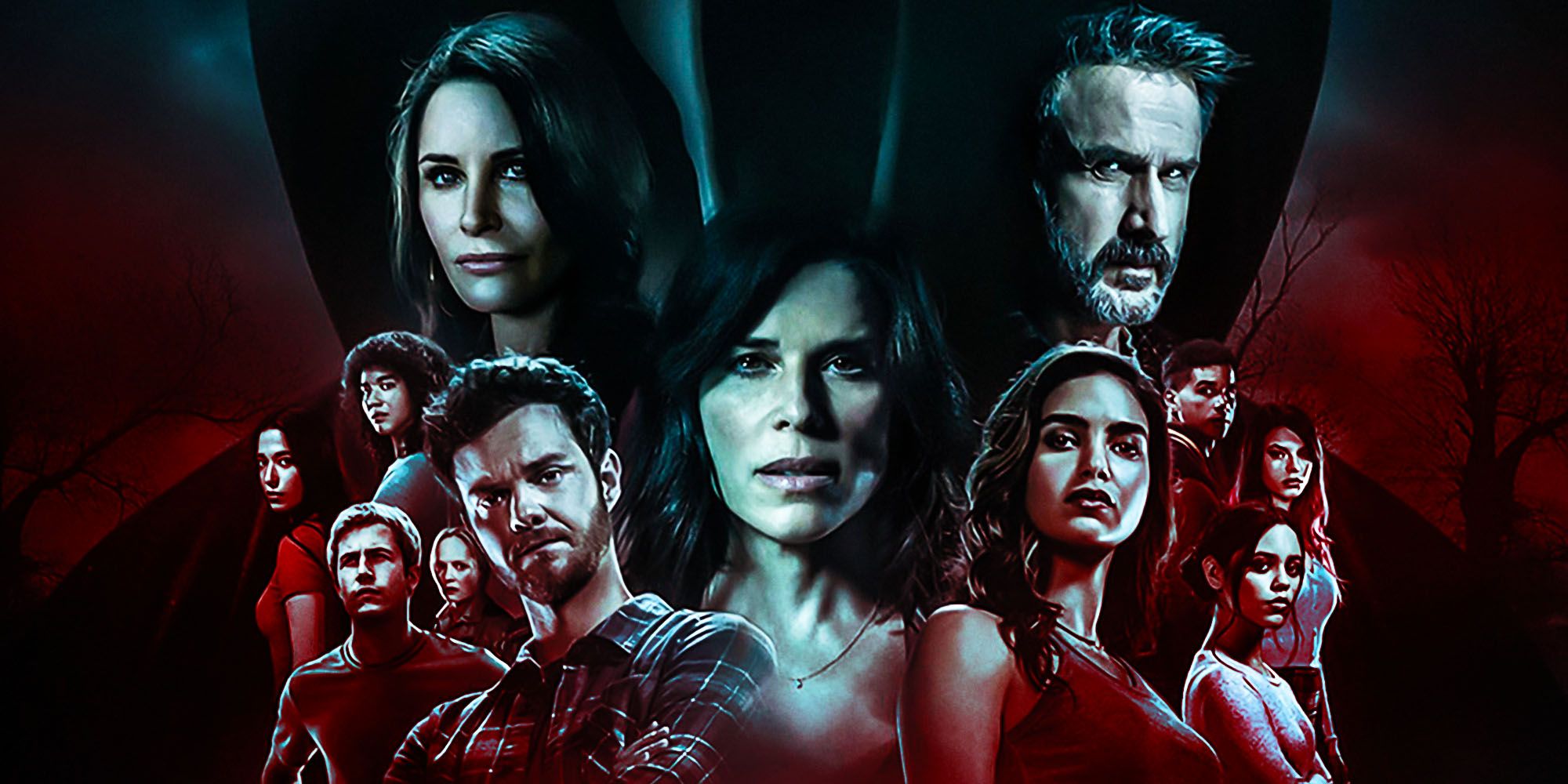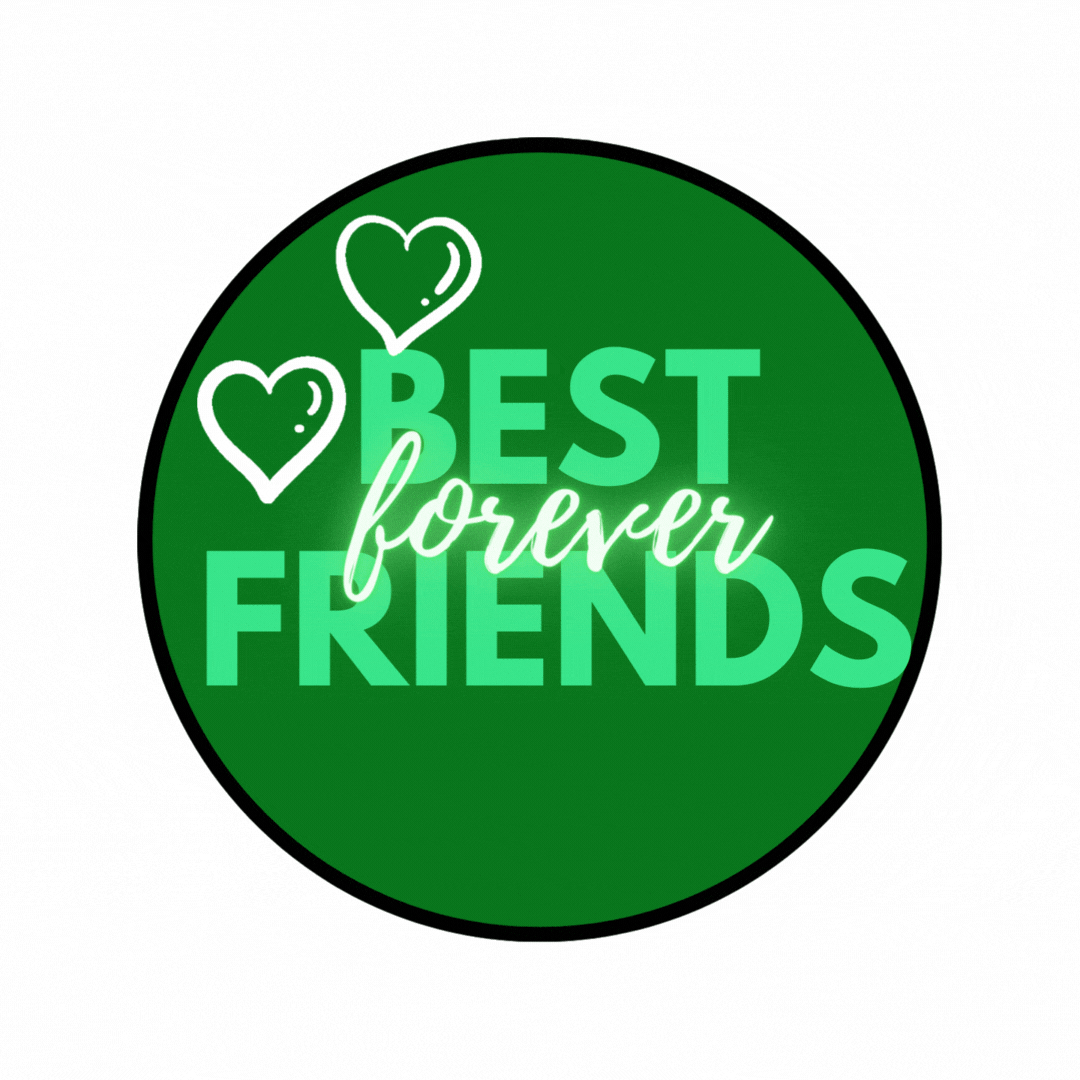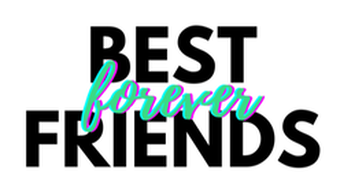|
Welcome to your first D&IA (Diversity & Inclusion Anonymous) meeting. I am Shannan E. Johnson, your sponsor. Hi, Shannan… For the past decade, Hollywood has been focused on diversifying the stories told for the screen and the people who get to tell them. Diversity & Inclusion departments have been established at the major networks and studios and programs have been initiated to give access to those people in underrepresented communities who have been waiting for an opportunity to break into the industry. There are programs for writers, actors, directors, producers and even executives to help bring new and unique voices to the table of storytelling. Some of us, if we’re honest, see these new voices as a threat. And how do human beings react when threatened: Fight, Flight or Freeze. As screenwriters, none of the above options are constructive. Storytelling begins with us, which means so do diverse characters. Sigh… then how, how, Shannan, do I check the correct boxes in my screenplay to play this new Hollywood game called diversity and inclusion? Well, I’m glad you asked: 1. Acknowledge that there is a problem: This is a D&IA meeting, remember? If we don’t acknowledge that there is a problem, we can excuse ourselves from taking action to solve it. Hollywood functions from a place of who you know and who knows you. It’s nepotism at its finest. The problem is because America functions from a place of racism, our populations are raised separate and unequal. Therefore, who you know equals people who look like you. What you have access to comes from a place of privilege because of where you grew up, the resources given to you, and the connections made. Networking begins at birth. Because of this, I like to refer to Hollywood as the largest gated community in the world. If you don’t have the password, the security guard will give you the side eye and ask you to step to the side as those who do have access continue to walk through those pearly gates. They often snicker and gloat as they scan their passes and pass us by. The problem is, the longer you stand at the gate, the more you realize that most of the people gaining entrance to the coveted other side are cisgendered, white males. Before you stop reading, let’s get this part out of the way: There is nothing wrong with being a cisgendered, white male. Cisgendered, white men have stories to tell and should be allowed to tell them. Take a breath. Inhale. Exhale. Now, just as cisgendered, white men should be allowed to tell their stories, so should everyone else. In the history of Academy Award winners for Best Original Screenplay since 1940, there has been one Asian man, one African-American man, one Latino, and three women to win the award. Because we are writers and we develop the characters with whom our audiences will journey, there is then a lack of diversity amongst the Best Actor/Actress (as in the protagonist) award winners. We learn a few things from these numbers, but the largest is that there aren’t enough leading roles (as in the protagonist, a 3-dimensional character with universal themes being expressed in his/her internal and external goals) being written for people from diverse backgrounds. Enough said. Hollywood, we have a problem. 2. Don’t get caught up on the word Diversity: Ooohhhh… (insert a Hyena shiver from The Lion King) That dreaded word. We hate that word in Hollywood. We feel its function is to press upon us something that we’d never try to achieve on our own. Bah, humbug to diversity. That’s ok. Let’s change the word to inclusion. Because at the root of every human being is the need, not the want, to feel included. But somehow some way, inclusion has become a bad word, too. Because let’s face it, no one wants to be forced to be friends with someone. It just doesn’t work out. It’s fake. And fake relationships end in disaster. But for the sake of this article, let’s define diversity anyway: Diversity means understanding that each individual is unique and recognizing our individual differences like the dimensions of race, ethnicity, gender, sexual orientation, socioeconomic status, age, physical abilities, religious beliefs, political beliefs, or other ideologies. (University of Oregon, Office of Multicultural Affairs, 1999) But further, it means to bring different perspectives and experiences to the table, not just to be seen and not heard while eating their meal quietly at the end of a very long table, but for their voices to give life to the stories we are telling. We have to admit that there is nothing wrong with the words diversity or inclusion. It is the people, us, the fear of working outside our comfort zones, the fear of thinking that if we increase the volume on the voices of others, it may make our voices less credible, the fear of losing our seat at the table. These fears are not founded in truth. Remember that adage we were taught as children? Two heads are better than one? It totally fits this scenario. Our stories benefit from allowing different voices in the room. Our world benefits from seeing the stories of those we think are so different from us because we learn that those people we see as “other” are just trying to survive and take care of their families like we are. 3. Create 3-dimensional characters who don’t share your experience: The things that make us different are the very things that make us unique. As writers, we should want to explore every level of the human experience, including those that don’t look like our own. It is our job to tell unique stories that represent our audience. Every child in the world is looking to relate to the characters on their screens. They’re looking for someone who looks like them or is from where they’re from to tell them how beautiful and important they are to the world. So, let’s consider diversity begins on the page not in casting. How do we create authentic, diverse characters? a. Do your research: Create character bios and backstories to understand who your characters are and why they behave the way that they do. Screenwriters are therapists to our characters. We understand that their outer wants only exist because of their inner needs. The closer they get to reaching their want, the closer they get to filling the hole inside. If we don’t do this work with our characters, they fall flat on the screen. They become less natural, which makes them harder to invest in. Utilize this same thought process when writing characters outside of your experience. b. Don’t rely on stereotypes: People of color can smell from a mile away when a character was written as white but cast as a person of color. The disabled are immediately tipped off when an able-bodied person is portraying their experience. The character lacks authenticity. The richness of his/her culture and experience in this country is not informing who he/she is. This lack of authenticity drives to lack of investment in the character’s journey. And then you’ve lost the audience. Give context within the screenplay that includes the experiences of this character’s community. And note, this does not equal struggle. Not every black person is a gangster from the hood. Not every disabled person is hopeless. Not every person in the LGBTQIA community is closeted. Not every overweight person is ashamed. Challenge your own implicit bias. There’s no way we grew up in the United States of America and matured into adulthood without gathering bias and possibly racist information about those who are different from us. Challenge it so that you create full people who feel authentic on the screen. Though it is true that people from underrepresented communities may deal with struggle, it isn’t their full story. It’s our job as writers to dig in and find it. c. Open your circle to people who are different from you: This is the hard one. It goes back to that whole separate and unequal thing. Our friends are our friends. Our comfort zones are our comfort zones. But in order to be able to write real people who are living a totally different experience from you, you must get to know them. Allow them to read your script for authenticity. Ask them if the characters speak in a way that feels natural. Instead, what happens is we base our knowledge of other people’s experiences on what we’ve already seen on screen, which leads us right back to stereotypes. Don’t worry about having your characters speak in slang, dialect or even their native language. It’s terrible for the read and often confusing to the actor. If you make it apparent on the page who this character is and where he/she is from, the actor will then do (or should do) the due diligence of understanding how they speak. Dialogue does not automatically equal a diverse character. Make new friends outside of your community, travel the world, try new food, and allow yourself to be open to understanding the experiences of others. d. Understand that underrepresented communities are not a monolith: The only way to do this is to do the first 3 suggested steps. We are not an existence of one mind sending signals to us all and making us behave the same way. Black people are not all the same. We are a diaspora of people across the globe with the common thread of skin color, but our experiences in this world are different. A Haitian is having a different experience from a Nigerian, who is having a different experience from an immigrant Brit, who is having a different experience from an American born descendant of slaves. A Mexican is not a Puerto Rican or a Spaniard or a Dominican. If you can understand that a Southerner is living a different life from a Midwesterner or an orphan is having a different experience than a child being raised in a home with two loving parents, then expand your mind to realize the same is true for underrepresented communities. We are who we are because of where we come from and what we’ve been through. We are individuals. When we think of diversity as simply checking a box, we are minimizing its impact. We are basically saying no point of view but ours matters. Only our experiences should be represented on the screen. Only our ideas are credible. Filmmaking is a collaborative effort. People with varying skillsets come together to create a masterpiece. When we as storytellers open up the spectrum of ideas based on the distinct experience of others, we open ourselves up to a new audience segment. Hollywood is about the bucks, right? Then don’t we want everyone’s dollar? It’s really a win win situation that is currently blocked by our fear of the words diversity and inclusion. It’s comfortable here. There are no risks here. The pressure of allowing new voices at the table feels unfair. But what’s unfair is realizing the world is comprised of so many people living a life different from ours and them never getting a chance to see themselves on screen. We have a responsibility to show them their authentic reflection. We all have work to do. But the good news is, it isn’t hard. Forget about the words diversity and inclusion and consider that opening the pearly gates of Hollywood to those whose experiences differ from ours opens the door for more unique stories. Storytelling is why we’re here, ladies and gents. Put story before ego and we all win. Check out our Development Notes service to get personalized feedback from one of our Story Experts and take your screenplay to the next level! author
Leave a Reply. |
ABOUT
|
About |
COACHINGMEMBERSHIP |
RESOURCES#FreeGameBusiness services |
|
Gain access to:
|
Contact Us
Copyright © 2022 The Professional Pen



 RSS Feed
RSS Feed

